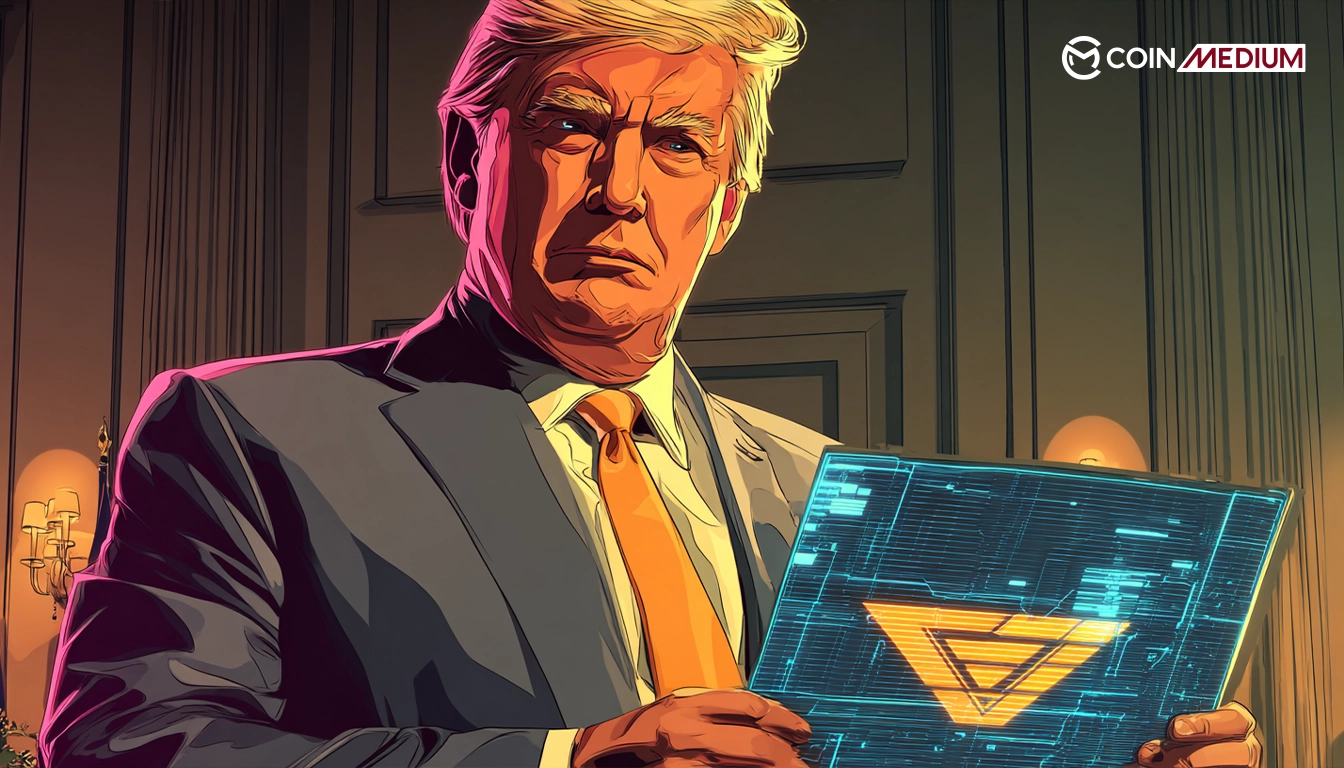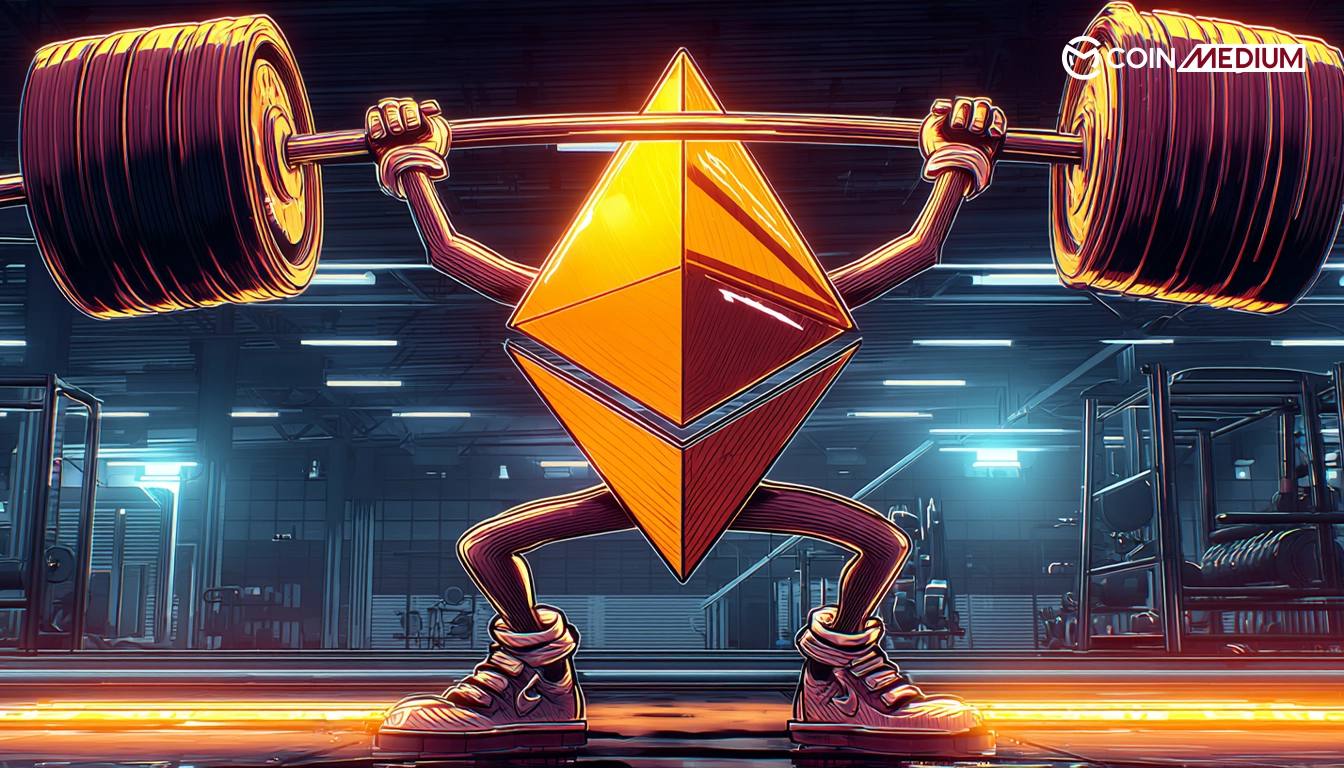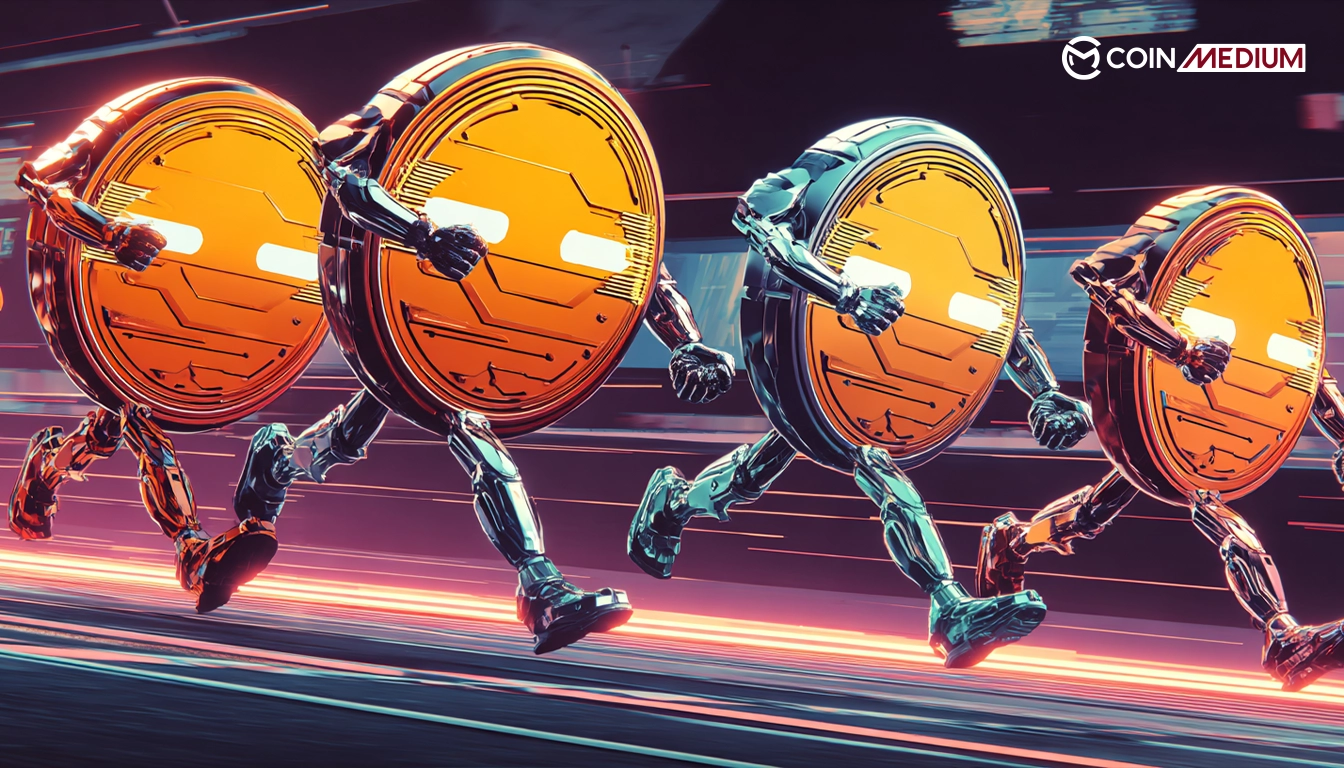The US President Donald Trump’s Working Group on Digital Assets published its highly anticipated report on Wednesday, detailing policy recommendations for regulating cryptocurrencies in the United States. The report focuses on key areas: defining crypto market structures, clarifying jurisdictional oversight, updating banking regulations, promoting US dollar dominance via stablecoins, and creating tailored tax policies for digital assets. Through the report, Trump’s administration has attempted to create a “taxonomy” of digital assets. It classifies all the characteristics of commodities and securities. This distinction aims to provide regulatory clarity and position the US as a global leader in digital asset innovation. Rule…
-
-
Youtube streamer Kitboga has taught a group of Crypto ATM Scammers a bitter lesson by trapping them in an infinite maze for over 164 days pretending it to be a way to redeem Bitcoin from their victims. Using nothing but Photoshop, a fake crypto exchange, and a hotline, Kitboga and his merry band of scambaiters have successfully wasted 3,953 hours of scammer time through a fake Bitcoin ATM redemption process that leads to absolutely nowhere. A Scam Within the Scam for Crypto ATM Scammers Scammers typically convince victims to send money through Bitcoin ATMs, real machines where you insert cash…
-
A new video by the nonprofit newsroom More Perfect Union is shedding light on the impact of a large Texas Bitcoin mining operation, where residents say nonstop noise has left them suffering from serious health issues. Located in an unincorporated area of Hood County, just outside Granbury a town southwest of Dallas, the 300-megawatt crypto mining facility operated by MARA Holdings (formerly Marathon Digital) has become the source of growing concern among locals. In interviews captured in the video, residents describe persistent, low-frequency noise that some claim is causing headaches, hospital visits, and mental distress. “Every family here is sick,”…
-
A new report released Tuesday shows that many Americans still find it hard to get into digital assets because they don’t have enough information. The study, funded by the National Cryptocurrency Association (NCA), surveyed 2,000 people in the U.S. who don’t own crypto. About 70% said they need more information before they would consider using digital assets. The NCA is led by Stuart Alderoty, Ripple Labs’ top legal officer. It was launched in March with $50 million from Ripple to help Americans understand crypto by sharing real-life stories. Roughly half of the participants said they don’t understand how crypto works.…
-
The Most Contended Bitcoin upgrade, BIP-119, could get a green light by the end of this year. This much-debated Bitcoin Improvement Proposal will enhance Layer 2 chains like the Lightning Network and Ark by adding functionalities similar to Ethereum smart contracts. Known as OP_CHECKTEMPLATEVERIFY (CTV), BIP-119 is backed by some of the biggest organizations in the Bitcoin ecosystem, promising to expand Bitcoin’s programmability and utility significantly. The proposal will make Bitcoin scalable by introducing a novel mechanism called ‘convenants’. This mechanism will introduce custom restrictions like adding logic like how Bitcoin will be spent. Users could set precise conditions on…
-
Rex Osprey’s SSK Solana ETF becomes the first-ever SOL ETF to offer staking rewards to the holders, marking a significant milestone. But how did they do it? Well, let’s understand how ETFs are registered. Most ETFs in the US are registered under the Securities Act of 1933. This act does not allow ETF issuers to pay staking rewards. However, SSK ETF is registered under the Investment Company Act of 1940. This provision allows the issuer to pay staking rewards as dividends. This makes it a profitable investment for investors looking for better yield rather than crypto speculation. In a press…
-
Fusaka Upgrade: What It Means & When Will It Go Live on Ethereum? The last major update on Ethereum was on May 7, 2025, with the Pectra upgrade. It brought about 11 significant enhancements, primarily focused on improving the network’s speed, cost-efficiency, and overall usability. Key improvements include a substantial increase in the validator stake limit, now allowing up to 2048 ETH (up from 32 ETH), alongside faster validator activation. So how is the Fusaka upgrade different from Pectra? Its primary focus is on deeper scalability through fundamental changes to Ethereum’s data handling and state management, as well as further…
-
The mysterious person/group known as Satoshi Nakamoto, who/which created Bitcoin, has become the 11th richest person in the world after Bitcoin’s price hit $120,000 on Sunday. Nakamoto is believed to own about 1.096 million Bitcoins, stored in thousands of different wallets. At today’s prices, that’s worth more than $131 billion, according to blockchain analytics firm Arkham. This would technically make Nakamoto richer than Michael Dell, the CEO of Dell Technologies, who has a net worth of $125.1 billion, placing Nakamoto just outside the top 10 on the Forbes richest list. However, Forbes doesn’t count crypto wallets when ranking billionaires. They…
-
Bitcoin peaked to $122k on July 14th, 2025. The sudden spike in price of Bitcoin was a result of the huge inflow of Bitcoin ETF transactions. Furthermore, the U.S. House of Representatives is set to debate several bills aimed at establishing a long-awaited regulatory framework for the digital asset industry. This move, driven by US president Donald Trump’s aim to be the crypto president, has captured investors’ confidence. According to some crypto experts, the market entered a mini altcoin season with altcoins up 98%. As per the CMC chart, there is a slight movement on the season chart. Altcoin season…
-
The U.S. Treasury has sanctioned two individuals and four companies, for their involvement in a scheme run by North Korea. According to officials, the goal of the scheme was to sneak North Korean IT workers into crypto companies so they could take advantage of them. One of the people, Song Kum Hyok, who is based in North Korea, was accused of stealing personal information from Americans and giving it to foreign IT workers so they could pretend to be someone else and apply for jobs in U.S. companies. The other person, a Russian man named Gayk Asatryan, was accused of…









